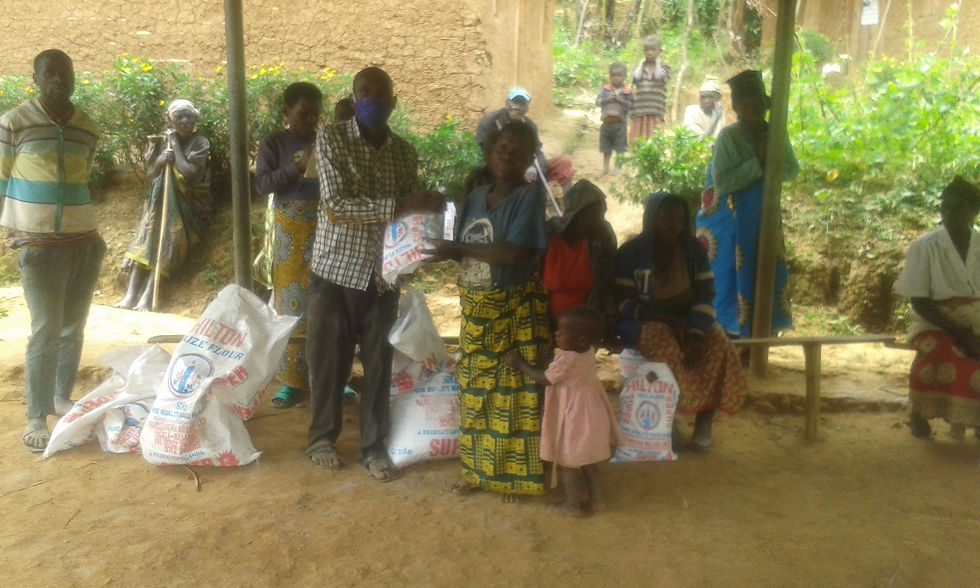Update on UDS Farmers Training
- Afrinspire
- Sep 3, 2018
- 2 min read
Updated: Nov 7, 2018
The Farmers Training delivered by Uganda Development Services from their Kamuli Centre in Uganda has continued during 2017. The training aims to improve household incomes, food security, nutrition and hygiene in three parishes in the Kagulu sub-county of Buyende District. Participants undergo a comprehensive programme of training, introducing new knowledge and skills to farmers and homesteads.

Demonstration gardens allow the farmers to practice new organic farming skills over the growing seasons, with new banana, pineapple and vegetable crops. Women have engaged keenly with the gardens, and their new skills should help to improve household incomes. In the current stage, 90 model farmers will be identified and taken on exposure visits to see new things outside their area, to allow them to take these ideas back home. Others can then learn from the model farmers. Participants are also learning how to identify more weather-resistant seeds and how to access these seeds with the aim of increasing productivity.
HOW DOES THIS TRAINING START?
The first step is community engagement. Before any training began in this area, a Participatory
Rural Appraisal Exercise was carried out to identify the reasons for poverty in the area, the social-economic status of the communities and to learn of the developmental challenges the people faced.
Sixty-five to seventy people in each parish engaged with the PRA exercise. The PRA tools used examined the role of women and men, the daily timetable, the seasonal calendar, any government interventions, any other private organisations involved, the main crops grown and why, the main income generating activities and marketing methods.
The people said that the major cause of poverty in the area was ignorance through lack of information. An outsider would note that the remoteness of the place was a contributing factor. Interacting in dialogue with the
people and community leaders identified the entry point for UDS as a training organisation, and the people defined the needs. Some major activities/issues were selected for intervention and the bringing of new knowledge.
The farmers then chose thirty active people from different villages, encouraging gender balance, to form the farmer training groups. Then training commenced.

600 pineapple suckers, 105 banana suckers (Mpologoma) and 15kg of onions were used to establish the three demonstration gardens, and 450 passionfruit tree seedlings were distributed: five to each group member.





Comments